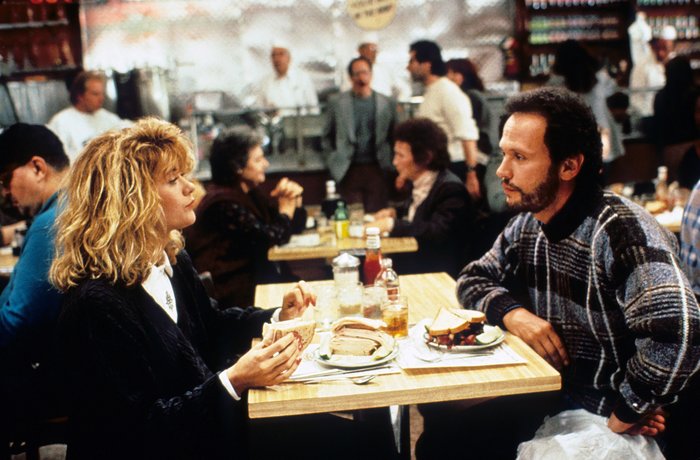There is a persistent myth that depression and suicide increase during the holidays.
It was even a memorable line in When Harry Met Sally(yeah, I’m a straight guy who loves that movie — deal with it).

In any case, there is no doubt that suicide — whether related to the holidays or not — is an American crisis. In fact, “nationwide, suicides have increased nearly 30 percent since the turn of the century.”
Clearly, this is grim news.
However, a weird paradox has developed within this surge in self-harm. You see, “even though Latinos face economic disadvantages and other stress in their lives, their suicide rate is about one-third that of non-Hispanic whites.”
It’s odd that Hispanics are much less likely to take their own lives than other demographics. After all, Latinos “earn less than non-Hispanic whites, and are more likely to lack health insurance coverage.”
And if that is not enough, “Latino immigrants contend with the challenges of moving to a new country, sometimes after leaving violence and other traumatic conditionsat home.”
So why are Latinos less likely to want to end it all?
Well, “experts attribute the relatively low suicide rate among Latinos to the culture’s strong family and community support systems, which appear to provide some degree of protection.”
Yes, the legendary Hispanic emphasis on the familyseems to give us a boost when it comes to psychological health. I’ve written beforeabout how obsessed Latinos are when it comes to blood relations. There are some negative elementsto this cultural trend, but the positives overwhelm them, and to this lengthy list of benefits can be added the results of this latest study on suicide.
As for community bonds, well, I’ve always found it freaky that so many Americans don’t talk to their neighbors, don’t partake in any group activities, and often maintain an aloof presence.
And I say that as an introvert (but a Latino one). Trust me — it’s good to socialize.
Of course, there are other reasons for the Hispanic tendency to avoid suicidal actions.
For starters, there is the strong Catholic foundationthat underpins so much of Latino culture. The religion’s teaching that suicide is a sin may have a preventative effect on some Hispanics.
In addition, numerous studies show that Latinos are more optimisticthan other groups, which can only help. And there is a theory that Hispanics may even be more genetically predisposedto being happy.
Put it all together, and Latinos may have “relative immunityto suicide” compared to other demographics.
In any case, if you are having difficulty this holiday season, reach out for help at the National Suicide Prevention Lifelineor another organization.
Take care of yourself.












